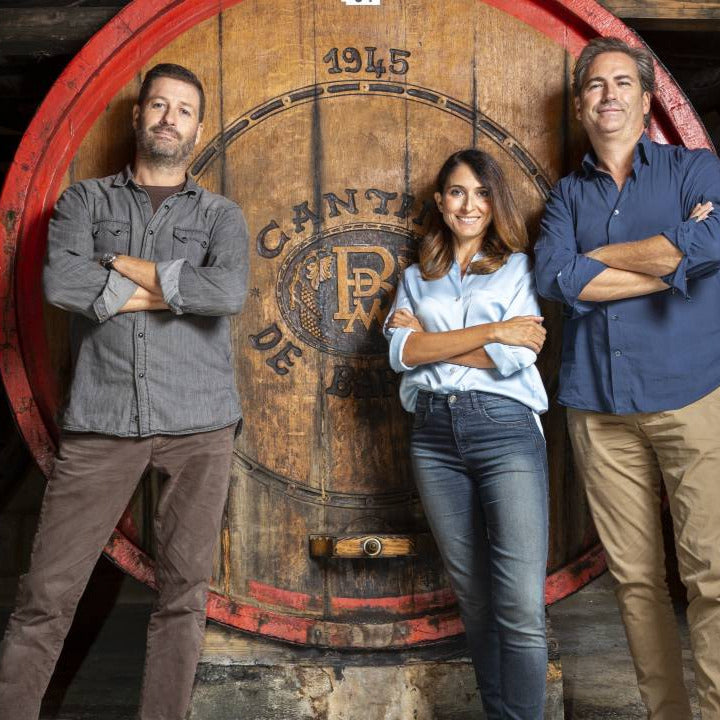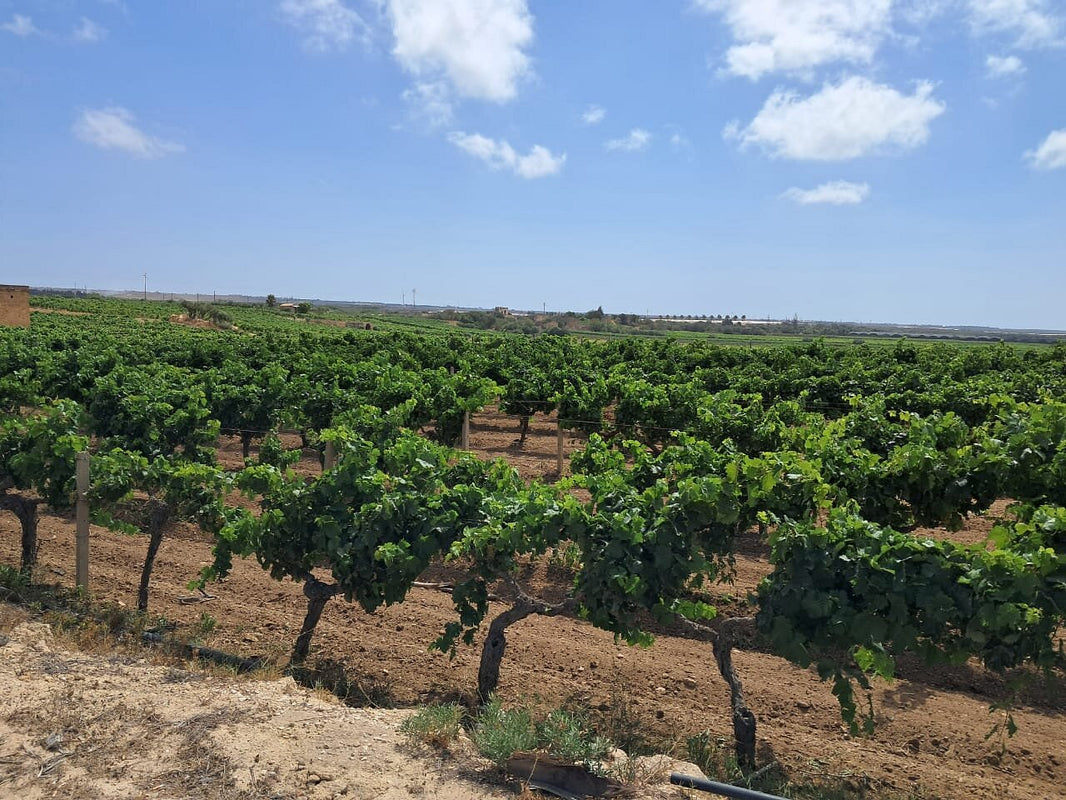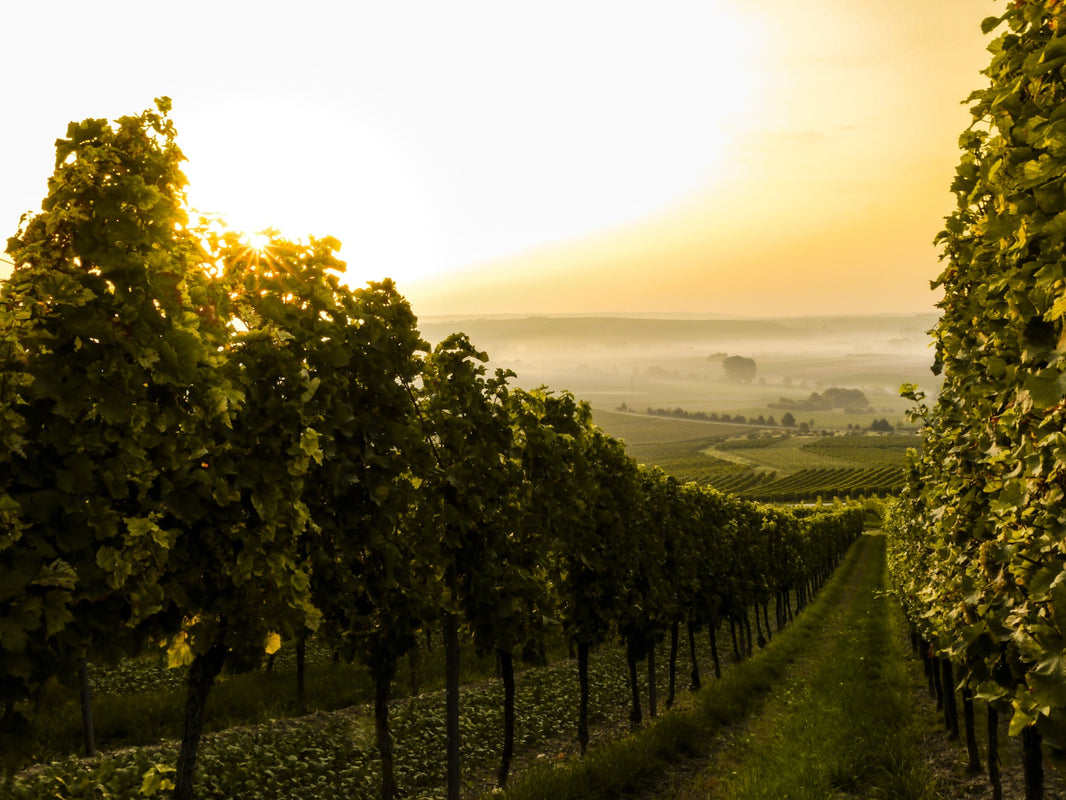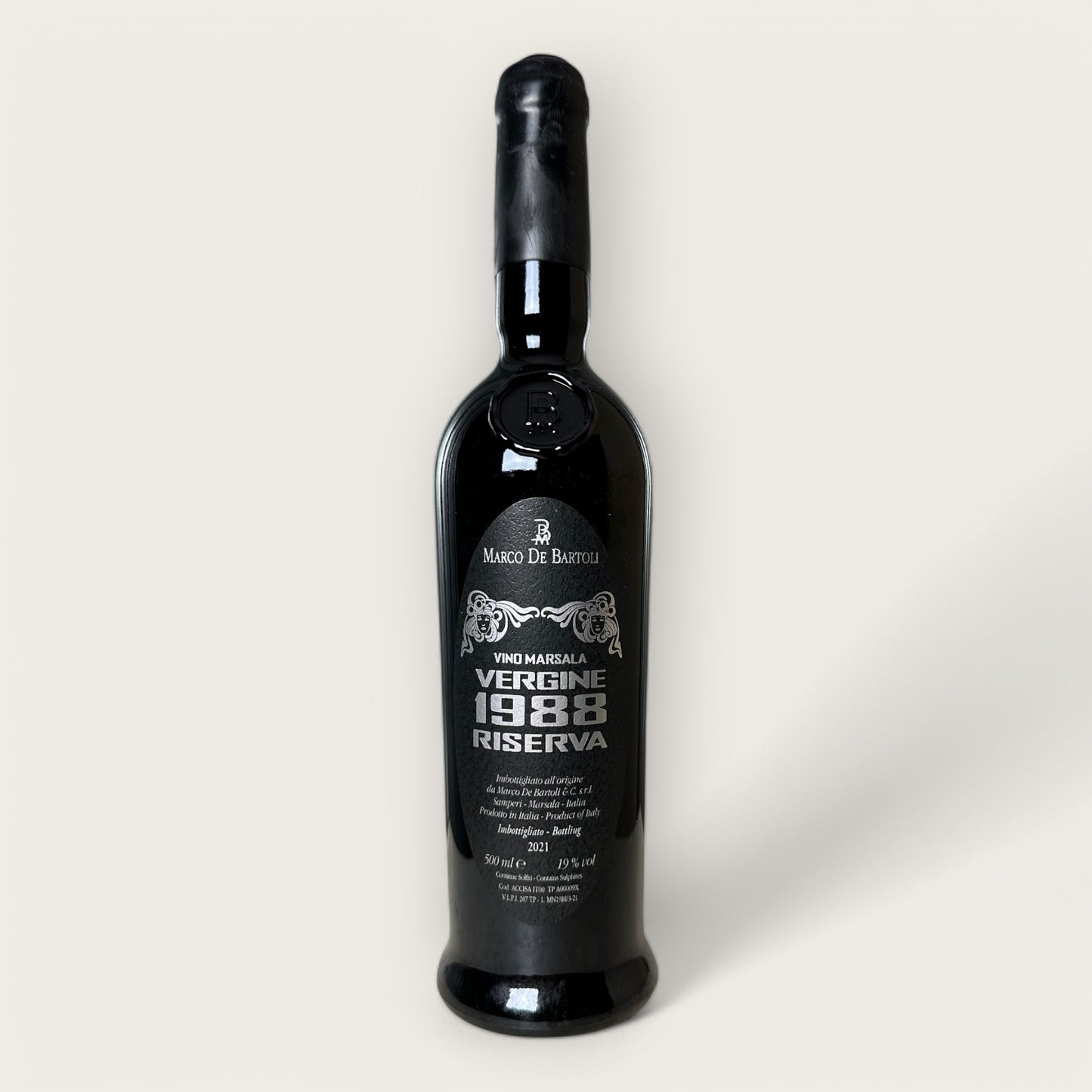Stay up-to-date with the latest news, exclusive promotions, and exciting events by subscribing to our newsletter! Sign up now and receive a 10% discount on your first purchase. Don't miss out on this great opportunity to stay connected with us and get access to special offers!
1988 Marco De Bartoli – Marsala Superiore Riserva Vergine – DOC
- Tax included.
The Marsala Vergine Riserva 1988 is a singular creation from Marco De Bartoli, embodying a harmonious blend of tradition and innovation. Crafted exclusively from Grillo grapes cultivated in the esteemed Contrada Samperi in Marsala, this Marsala Vergine stands out for its unique production process. Unlike traditional Marsalas, it is fortified solely with grape spirit (acquavite) derived from the same Grillo grapes, omitting the customary addition of mistella.
The wine underwent fermentation in a combination of oak and chestnut barrels, where it matured for over 30 years. This extended aging imparts remarkable complexity and depth, resulting in a dry, ethereal profile with notes of dried figs, dates, oranges, green walnuts, and subtle hints of sea salt and seaweed. On the palate, it is delicate and refined, reminiscent of high-quality aged brandies, with flavors of orange, leather, walnut, mandarin peel, and dark chocolate.
This exceptional Marsala Vergine Riserva 1988 pairs wonderfully with a selection of salty cheeses, nuts, dried fruits, or as a distinguished alternative to aged spirits like XO cognac.
Grape Variety:
Alcohol: 18.0%
Serving Termperature °C: 10-12°C
Ageing Potential: 20+ years
Terroir: Samperi - Marsala

Marco De Bartoli

Samperi - Marsala

Sicilia


